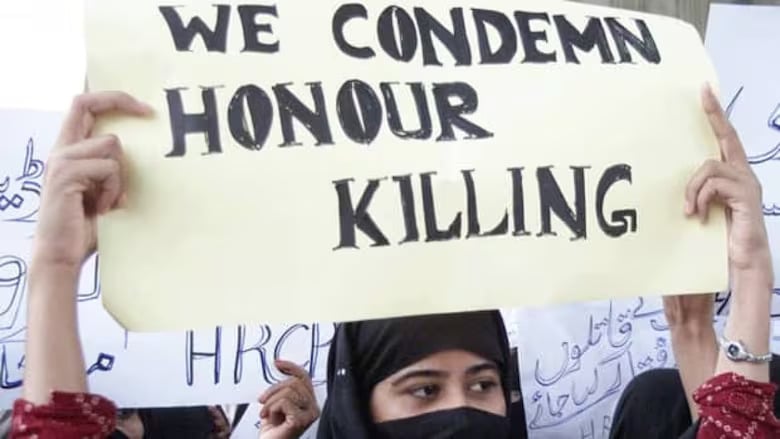QUETTA: At least 212 cases of honour killings in Balochistan have been officially reported between 2019 and 2024, according to a recent report by the Aurat Foundation. The alarming figures point to a persistent pattern of gender-based violence and highlight serious flaws in the province’s justice system.
The report provides a year-by-year breakdown: 52 cases in 2019, 51 in 2020, 24 in 2021, 28 in 2022, 24 in 2023, and 33 so far in 2024, with 19 of this year’s victims being women. These numbers, however, reflect only the documented cases. The Aurat Foundation emphasises that many incidents go unreported due to fear, social stigma, the influence of local power brokers, or settlements via traditional justice mechanisms like jirgas.
Among the districts, Naseerabad tops the list with 73 reported cases over six years, representing 34% of all honour killings recorded in the province. Other districts with high figures include Jaffarabad (23 cases), Jhal Magsi and Mastung (18 each), Kachhi (17), Quetta (11), Kalat (7), Sohbatpur and Loralai (6 each), and Khuzdar (5).
The Aurat Foundation expresses grave concern over the lack of accountability and ineffective legal responses. In many cases, perpetrators remain at large, and judicial proceedings either stall or never begin. The report also cites poor police cooperation, delayed trials, and political or tribal interference as major obstacles to justice.
In response, the organisation has urged both the Balochistan government and federal authorities to take urgent steps. These include:
Classifying honour killings as non-bailable offences
Providing legal aid and protection for victims’ families
Launching public awareness campaigns involving media, schools, and community leaders
Offering gender-sensitive training to police and judicial officers
Women’s rights activists and human rights groups have called the findings deeply troubling, warning that unless decisive legal and social reforms are enacted, the safety and dignity of women in Balochistan will remain under grave threat.





